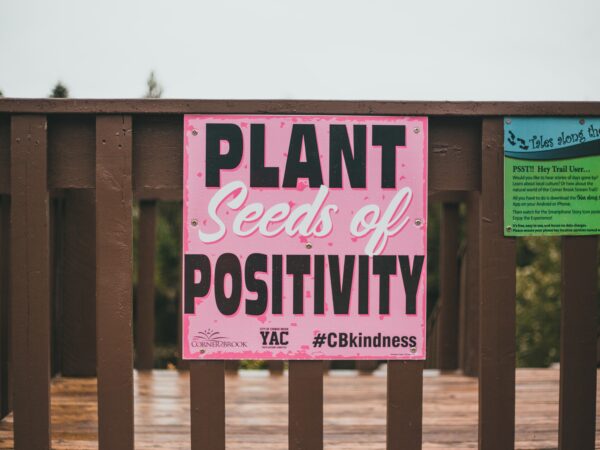In today’s fast-paced and stressful world, we often forget to take care of ourselves. We get so caught up in work, family, and other responsibilities that we neglect our own physical and mental health. However, self-care should be a top priority for everyone, regardless of how busy they are.
This article will cover the basics of self-care and provide some tips and tricks to help you take care of yourself.
We’ll start by defining what self-care is and why it’s important, then move on to discussing some practical ways you can incorporate self-care into your daily routine.
What is Self-care?
Self-care is any activity that you engage in to improve your physical, mental, or emotional well-being. This can include anything from eating well and exercising regularly to meditating and taking time for yourself. The key is to engage in activities that make you feel good and help you relax.
Why is Self-Care Important?
Self-care is important for a number of reasons. First, it helps reduce stress and anxiety, which can have a negative impact on your physical and mental health if left unchecked.
Taking time for yourself can also help you feel more energized and focused, which can boost your productivity at work and in other areas of your life.
In addition, self-care can help you build resilience, which is the ability to bounce back from difficult situations. When you engage in activities that make you feel good and help you relax, you’re better able to cope with challenges and setbacks.
Finally, self-care can help you build stronger relationships with others. When you take care of yourself, you’re more likely to have the energy and emotional capacity to be present and supportive for your loved ones.
How to Practice Self-Care
Now that we’ve covered what self-care is and why it’s important, let’s discuss some practical ways you can incorporate self-care into your daily routine.
1. Get enough sleep
Getting enough sleep is critical for your physical and mental health. When you don’t get enough sleep, you’re more likely to feel tired, irritable, and unfocused. Aim for seven to eight hours of sleep per night, and try to stick to a regular sleep schedule.
If you have trouble falling or staying asleep, try creating a relaxing bedtime routine. This might include taking a warm bath, reading a book, or practicing relaxation techniques like deep breathing or meditation.
2. Eat a Healthy Diet
Eating a healthy diet is another important aspect of self-care. Focus on eating a variety of fruits, vegetables, lean proteins, and whole grains.
Try to limit your intake of processed and sugary foods, and aim to stay hydrated by drinking plenty of water.
3. Exercise Regularly
Regular exercise is another key component of self-care. Physical activity can help reduce stress and anxiety, boost your mood, and improve your overall health.
Aim to get at least 30 minutes of moderate-intensity exercise most days of the week.
If you don’t enjoy traditional forms of exercise, try incorporating movement into your daily routine in other ways. This might include taking a walk, practicing yoga, or dancing to your favorite music.
4. Practice Relaxation Techniques
Relaxation techniques like deep breathing, meditation, and yoga can help reduce stress and promote feelings of calm and relaxation.
Try incorporating these techniques into your daily routine, even if it’s just for a few minutes each day. You might also consider trying guided meditation or mindfulness exercises to help you focus and relax.
5. Take Time For Yourself
Taking time for yourself is an important aspect of self-care. This might mean spending time alone doing something you enjoy, like reading a book, taking a long bath, or watching a movie.
It might also mean spending time in nature, socializing with friends, or exploring a new hobby.
Whatever you choose to do, make sure it’s something that brings you joy and helps you relax.
6. Connect With Others
Connecting with others is another important aspect of self-care. Spending time with loved ones can help reduce stress, promote feelings of happiness and joy, and foster a sense of belonging.
Make time for social activities that bring you pleasure, and make an effort to be present and engaged when you’re with others.
7. Get Professional Help if you Need It
If you’re struggling with physical, mental, or emotional health issues, don’t hesitate to reach out for professional help.
This might mean talking to a therapist, seeking medical treatment, or finding a support group. Remember, taking care of yourself sometimes means asking for help when you need it.
Conclusion
Self-care is essential for your physical, mental, and emotional well-being. By incorporating healthy habits like eating well, exercising regularly, and practicing relaxation techniques you can reduce stress, boost your mood, and build resilience.
Don’t forget to take time for yourself, connect with others, and seek professional help if you need it. With a little effort, you can develop a self-care routine that helps you feel your best every day.











